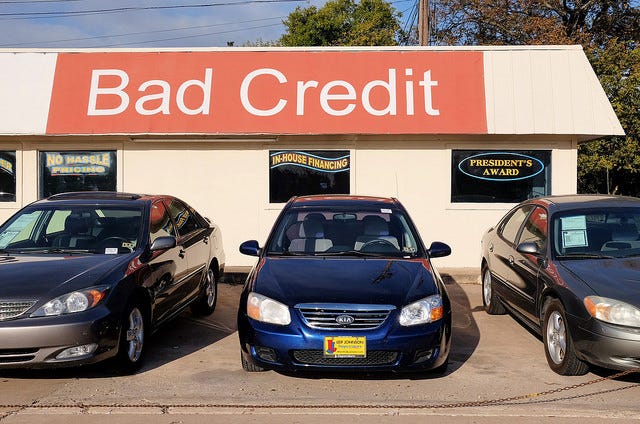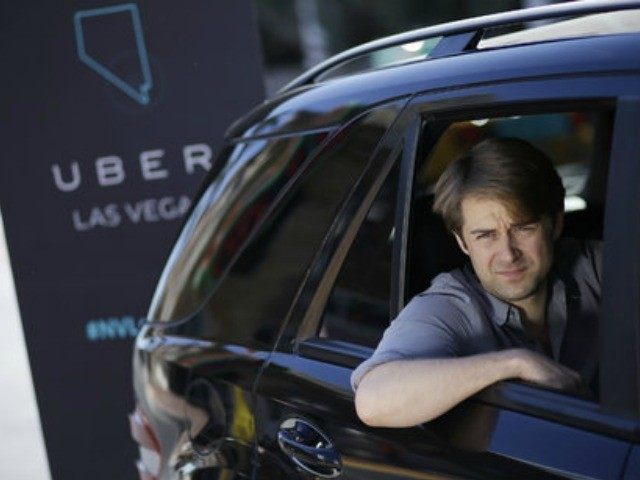
Taxi unions are not the only government protected industry that ride-sharing companies are overhauling. Auto dealerships are indirectly feeling the heat, as American teens skip getting their driver’s license. Once an established past-time in American culture, in the last 30 years, the number of 16-year-olds with driver’s licenses has plummeted 40%, according to a 2012 article published in the journal of Traffic Injury Prevention.
Auto dealers benefit from state government regulations that ban car manufacturers from directly selling to consumers. Though some dealerships only sell one brand of manufacturer, they are still independently operated, becoming a costly middle-man between consumers and carmakers.
Tesla, for instance, was recently banned from selling directly to consumers in West Virginia, where auto dealers have lobbied the local government to protect their salesmen from competition.
But, the next generation of Americans has little interest in learning how to drive, and even less interest in ownership. And, if they do learn to drive, it’s more likely they’ll only need to rent a car for a day, rather than own it for a regular commute.
“I kept pushing my son, saying ‘Don’t you want to learn how to drive?’ and he’d say, ‘Maybe, but not right now,’” entrepreneur Eric Golden told Nick Bilton at the New York Times. “Then it occurred to me: Why am I pushing him so hard? An Uber is going to be so much safer than a 16-year-old behind the wheel.”
For decades, the teenage desire for a license has waned. Now, with Uber, parents also have less of an incentive to encourage ownership, given the convenience and (more importantly) safety of ridesharing services.
This is bad news for auto dealers. Consumer-facing auto dealers have long enjoyed the shield of government regulations, which ban car manufacturers from direct sales. Those who want a Tesla have to buy online — far from the reach of salesmen.
However, as individual car buying declines, so too will the need for auto dealers and their army of salesman. Even those who need to drive a car, either for a weekend trip or to work for Uber, will most likely rent.
San Francisco startup Breeze, for instance, leases out cars to Uber drivers for a monthly fee. Many Uber drivers do not actually need to own a car, as a recent study found that 81% of Uber drivers are part-time. Many just drive to supplement their income in between jobs or while attending college.
Car rental companies have little need for auto dealers: they do not need to haggle over prices, while hopping between salesmen surrounded by flashy advertising. Rental services know what they want in a car, and can easily buy it online. That is, total auto sales may not decline, but the need for salesmen likely will.
So, for now, auto dealers can shield themselves behind government regulation, but it will not protect them from the coming transportation revolution.

COMMENTS
Please let us know if you're having issues with commenting.